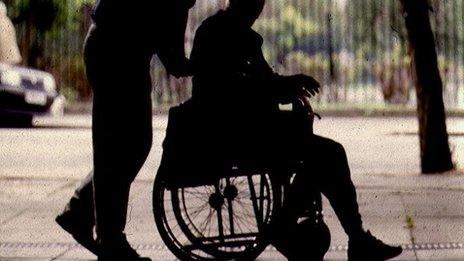MSPs welcome bill to ban pavement parking
- Published
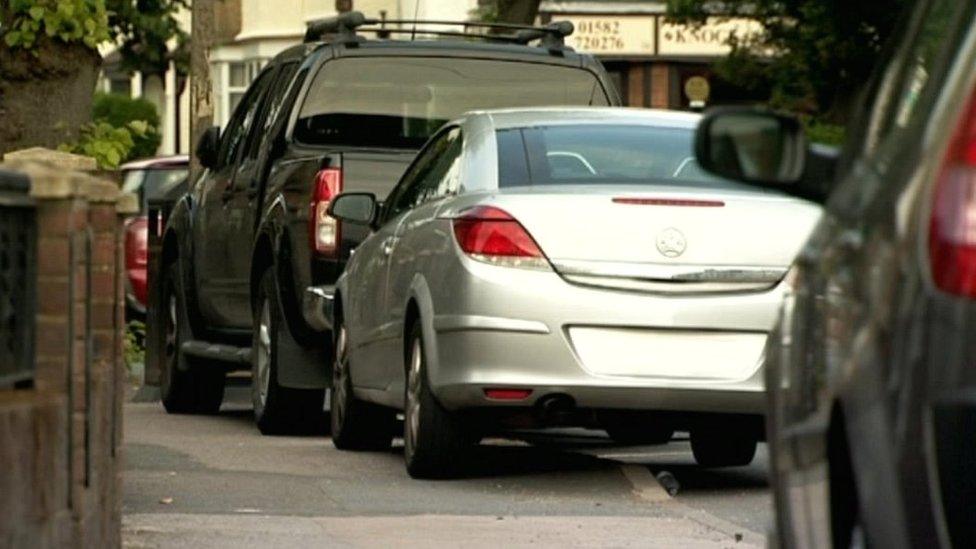
Parked cars on pavements can cause problems for pram-pushers, wheelchair users and guide dog owners
MSPs have welcomed a bill that would ban parking on pavements, but said it needs more detail.
Holyrood's local government and regeneration committee, which has been examining the bill, said it was a "positive step" that would help disabled people and young families.
But they added that the costs needed further examination.
The bill would make it illegal to park on pavements and dropped kerbs, and restrict double parking on roads.
The committee has been scrutinising the legislation ahead of powers being devolved.
The member's bill gained broad support from the public during consultation.
'Positive step'
Committee convener Kevin Stewart MSP said: "We were overwhelmed by the number of comments we received from members of the public on this issue.
"We heard from wheelchair users, people with visual impairments and young families with prams about the very real impact this can have on their day-to-day lives.
"The bill before us is a positive step in addressing this issue. However, there is much more detail needed in order to address how this would work in practice."
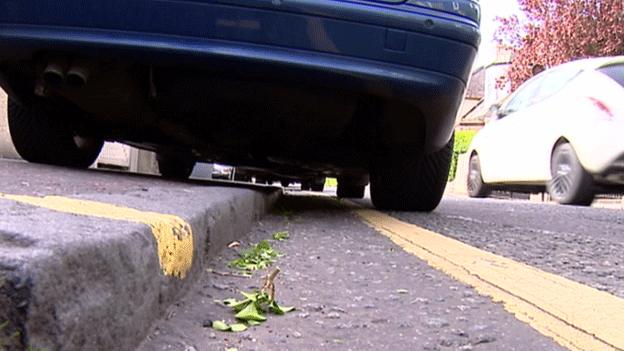
He said more thought needed to be given to ensure the bill would be enforced consistently across Scotland.
"We also believe further consideration needs to be given to how much the bill would cost to implement and enforce," he added.
"Clearly, pavement parking is not always obstructive and so we welcome the flexibility the bill provides for local authorities to exempt some areas."
Ministers have been pushing ahead with legislation despite confusion over it it relating to a policy area currently reserved to the UK Parliament.
The Scottish government has indicated it supports the bill but wants no further action until the relevant powers have been devolved.
The powers are due to be included in the Scotland Bill, which is making its way through Westminster.
- Published2 December 2015
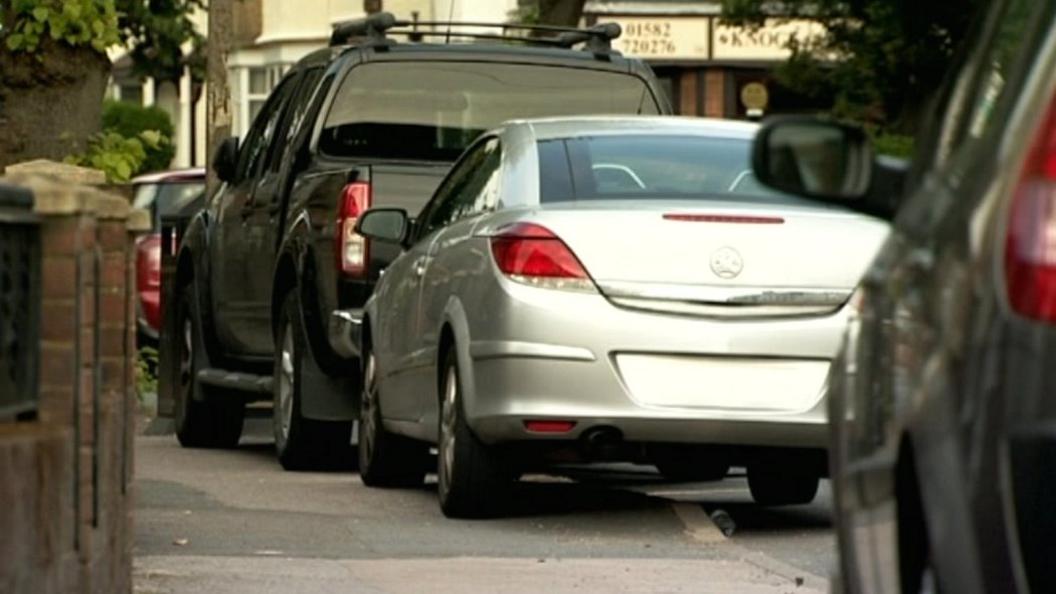
- Published21 May 2015
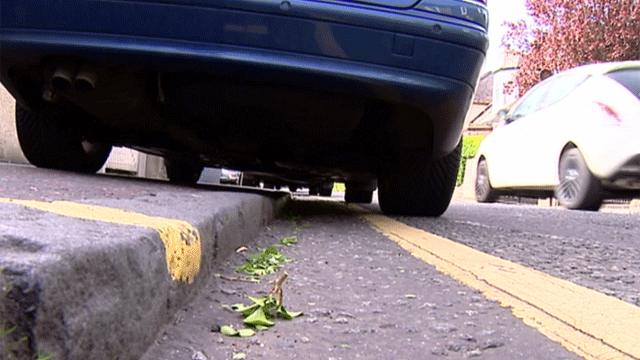
- Published30 March 2014
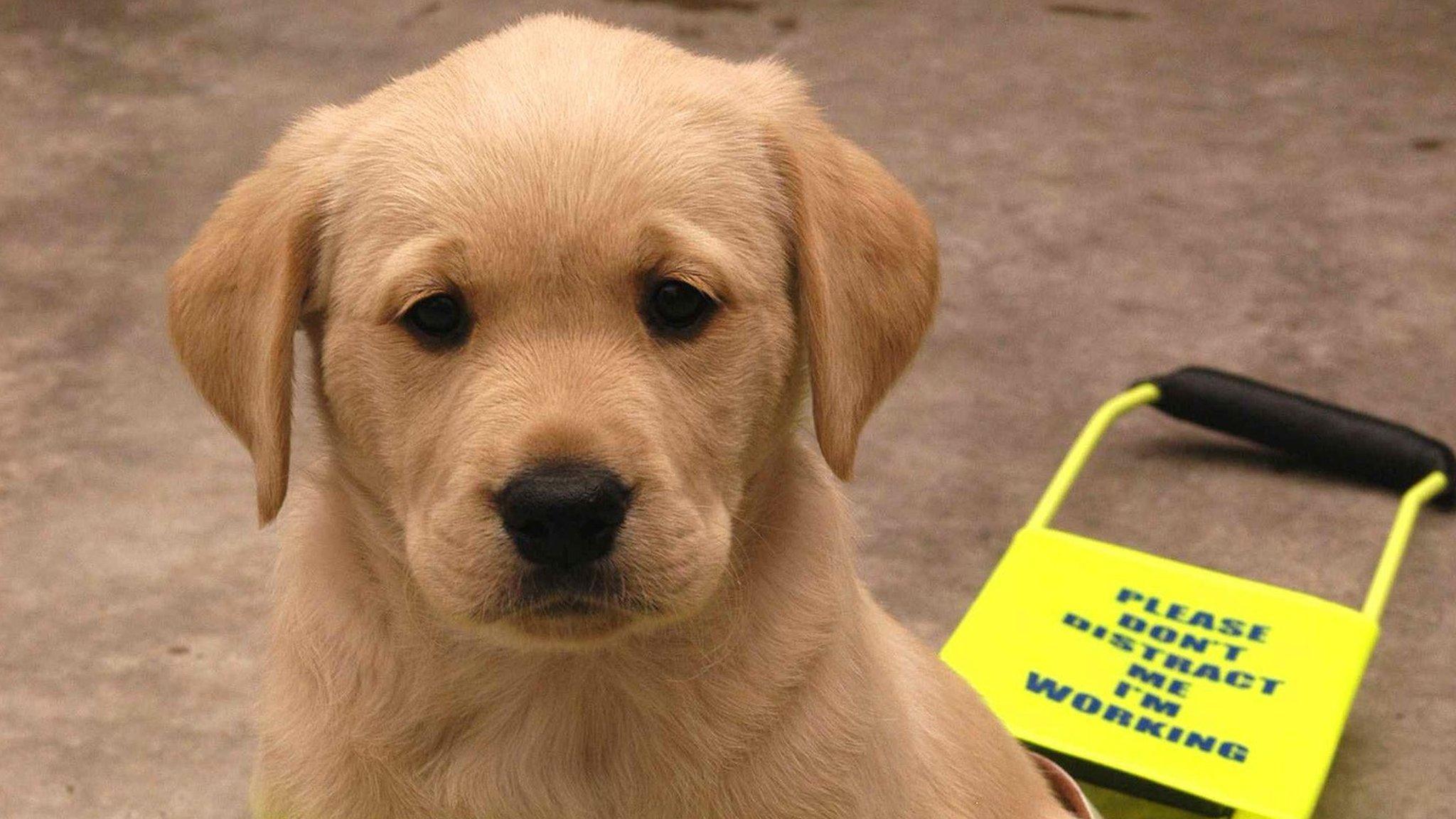
- Published12 December 2012
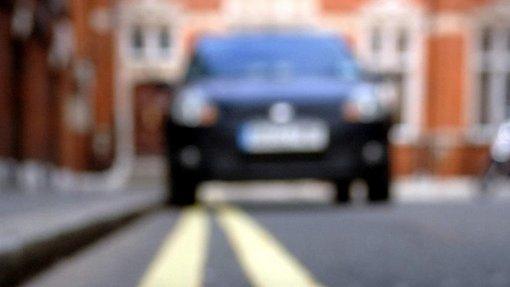
- Published28 March 2012
